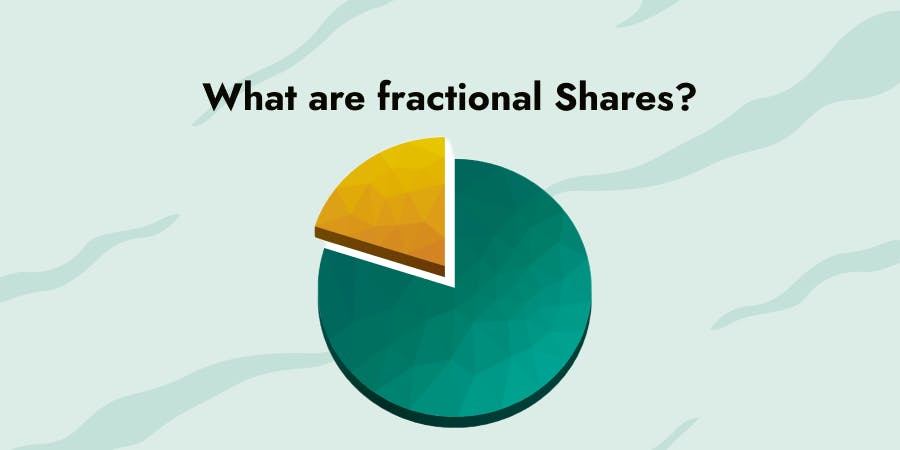What Are Fractional Shares?
5 mins read
May 17, 2023
In this article, we will explore the concept of fractional investing, particularly in relation to stocks, and how it reshapes investment and opens up opportunities for many young people.
How Does Fractional Investing Work?
What are the Benefits of Fractional Investing?
- Global Exposure
Fractional investing allows African investors to participate in the growth of international markets and leading global companies. This exposure helps them to diversify their investments beyond their local economies and benefit from the performance of well-established global brands.
What are the Challenges of Fractional Investing?
How to Get Started With Fractional Investing in Africa
In a nutshell,
Disclaimer: This article is meant to provide general guidance and understanding of cryptocurrency and the Blockchain network. It’s not an exhaustive list and should not be taken as financial advice. Yellow Card Academy is not responsible for your investment decisions.


Crypto scoop
Sign up for our weekly newsletter
Stay informed with the latest updates to buy, sell, and store your crypto on the go.

Download the Yellow Card app
Start trading crypto with ease
Get the Yellow Card app to buy, sell, and store your crypto on the go.


